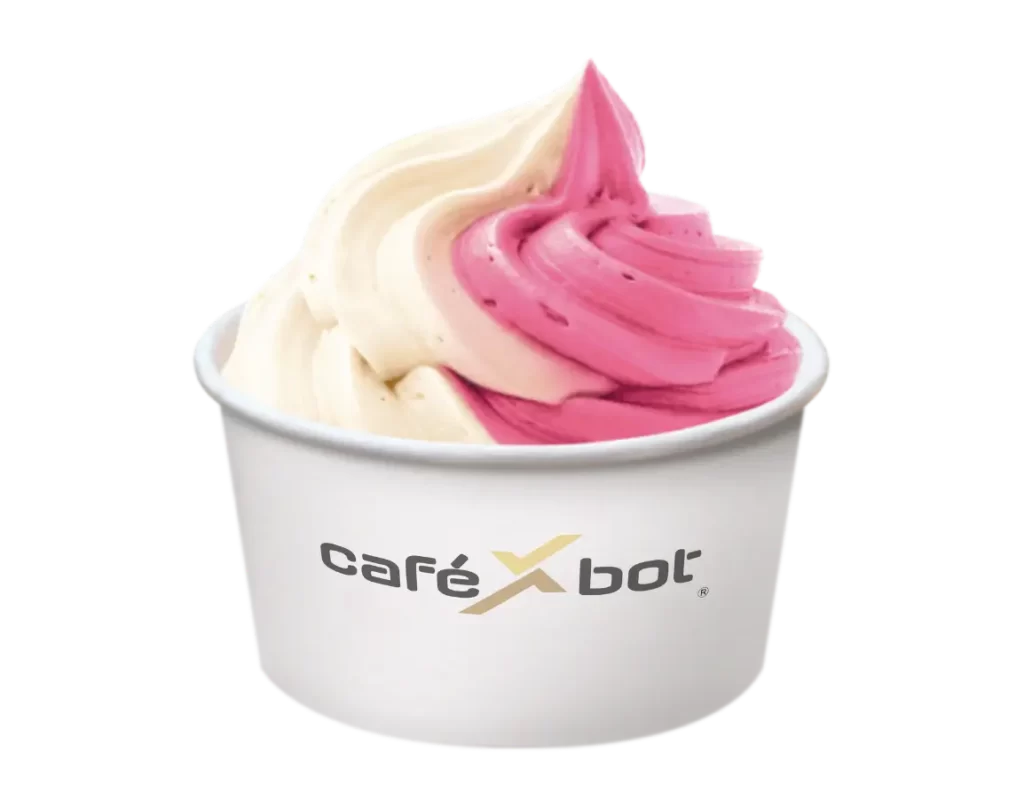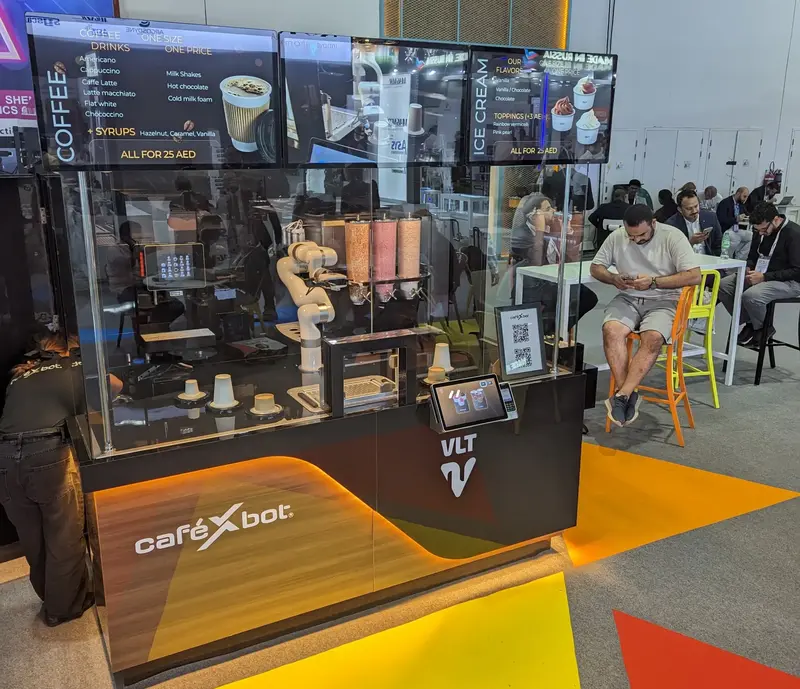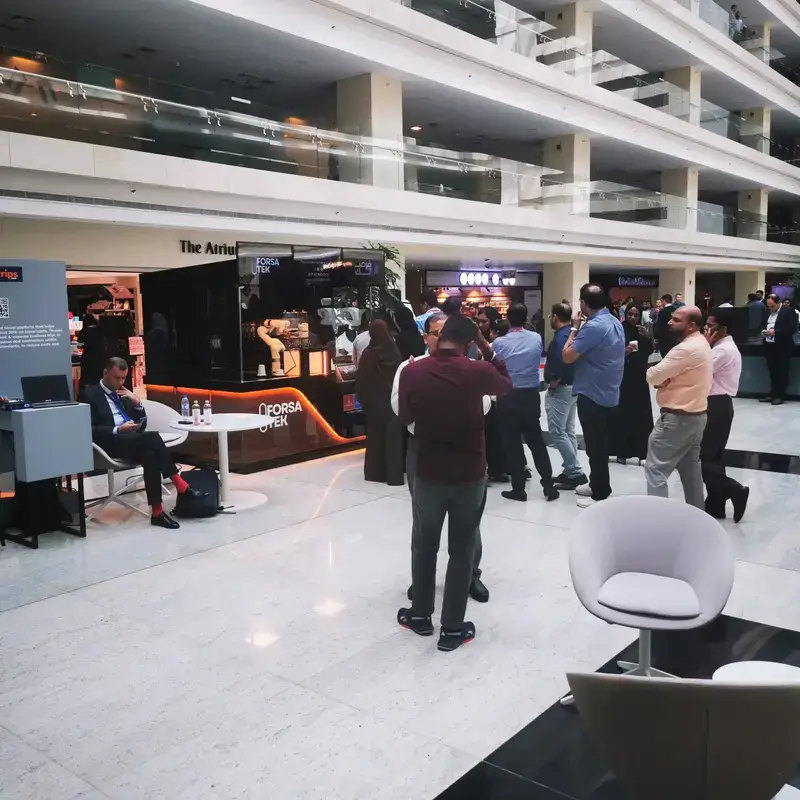
Finding Reliable Suppliers Top Tips for Sourcing Robotic Coffee Barista Solutions
Since the advent of Robotic Coffee Barista solutions, the coffee business sector has undergone an upheaval. For a bunch of years now, analytical keywords like innovation and speed have been constantly rating high on consumer demand charts, and establishments have been increasingly looking for suppliers to provide cutting-edge technologies to back their service lines. The process of sourcing such solutions is a minefield; there are just too many options available. This blog is to give a few relevant pointers to business owners and managers wherever applicable in identifying trustworthy suppliers of robotic solutions to aid the successful integration of robotic systems into the business.
Therefore, when seeking Robotic Coffee Barista solutions, the choice of suppliers should hinge on technology but must equally contemplate matters like experience and the degree of support the suppliers are going to provide in adapting to your business environment or context. The relationship should be one wherein the supplier not only delivers high-quality machines but also appreciates the peculiar problems of the coffee industry. Applying these basic principles will give you an upper hand in analyzing decisions that will basically improve your café experience, ensuring that your clientele receives good automated coffee craftsmanship.

Understanding the Market Landscape for Robotic Coffee Barista Solutions
The market scenario is changing very rapidly for robotic coffee barista solutions due to innovations in embodied intelligence and experiential features driven by consumers. Great tech entrepreneurs like Elon Musk and Jensen Huang have sold the concept of embodied intelligence as a too-good-to-miss investment opportunity for 2024. Now that things are heating up, you can find cities like Shenzhen, where automated coffee shops pop up; robotic baristas would add a futuristic feel when introducing machines usually classified as complex. Others even more proximate with their technology-espresso using coffee culture will position them to have the best of both worlds in terms convenience and entertainment effects in how they enjoy their daily caffeine. Breakthroughs in robotic coffee-making operations have been quite impressive lately, with machines capable of brewing espressos in seconds while detailing designing the most complex latte art. Robots which have the capacity to remember thousands of words with each holding an ability of continuous operation 24/7 will certainly be what consumers expect at coffee shops-one argument in favor of including robots into coffee culture. It raises wonderful questions concerning the human future in their traditionally artisanal sphere. Certainly, this robotics penetration may take over positions formerly occupied by baristas of expertise. Market research by firms like Yano Economic Research Institute forecast dynamic impacts in the collaborative robot market. It considers such promising developments to allow entry of new suppliers into a promising market-really into an increasingly high-tech and consumer-changing one. Such advantages would be possible for locating companies in this competitive arena for offering robotic coffee solutions by focusing on high-quality elements, strong technical partnerships, and understanding the country-specific markets. As the coffee landscape evolves, it presents an exciting horizon for entrepreneurs and tech enthusiasts alike.

Key Factors to Consider When Evaluating Suppliers
When it comes to robotic coffee barista solutions, the best part is putting suppliers to the test for effectiveness, so that quality and reliability are met. By understanding the specialization of the potential suppliers in robotics and coffee industries, one could assess expertise and experience immensely. The International Federation of Robotics report shows that by 2025, the anticipated market for service robots would reach $23 billion. Service robots involved in food and beverage services will be part of that market. Proven interest in the sector that is fast-growing would certainly mean more innovative and reliable solutions.
Another consideration would be just what technology each supplier employs. The kind of robotics software and hardware offered determines the extent of operational efficiency and customer satisfaction because without quality systems in place, there would be a disparity between performance and customers' being served. A latest study by MarketsandMarkets indicated that artificial intelligence and machine intelligence advancements have created the coffee industry towards being able to let machines emulate artisanal brewing styles. Suppliers should be asked about their technology partnerships, R&D efforts, and latest advancements integrated into their products.
Another vital area is customer service and support by supply. According to a Deloitte study, 87% of businesses said that customer experience matters a lot when picking a supplier. Strong after-sales support significantly minimizes downtime and ensures customers get their systems running smoothly, an important consideration in the highly competitive coffee market. All these things will go a long way toward finding good suppliers who will meet both present and future needs in robotic coffee barista solutions.
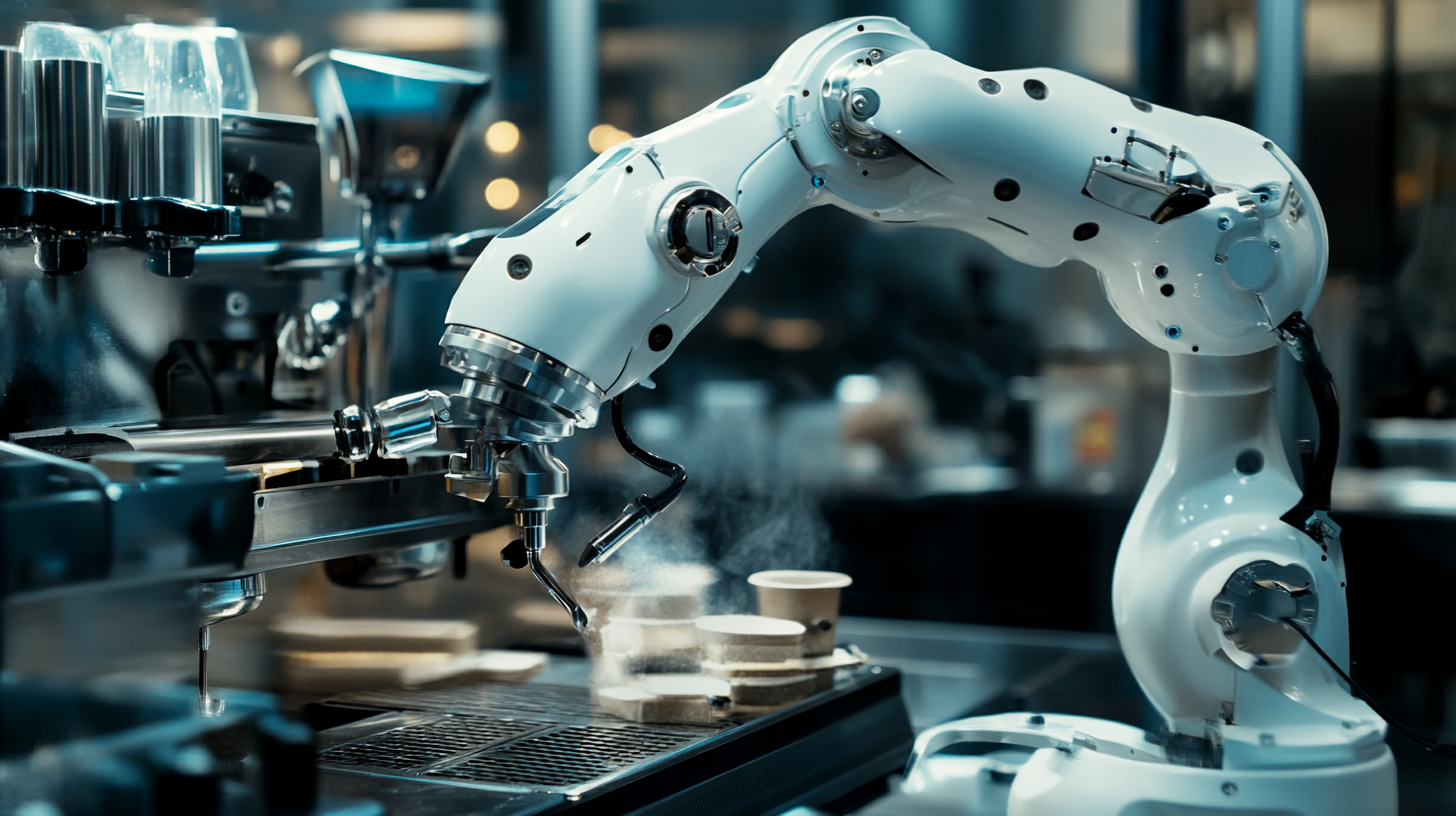
Assessing Technological Capabilities and Innovations in Coffee Robotics
When sourcing robotic coffee barista solutions, assessing technological capabilities and innovations is crucial for ensuring a successful partnership with suppliers. As the coffee industry evolves, advancements in robotic technology have led to more sophisticated machines capable of delivering high-quality beverages with precision. When evaluating potential suppliers, it is paramount to delve into the specifics of their technological offerings. Features such as AI-driven customer interaction, consistent brewing methods, and the capacity to adapt recipes according to customer preferences are of vital importance.
Besides the technology itself, assess the supplier's commitment to innovation. A supplier that invests in research and development is more likely to provide cutting-edge solutions that keep pace with market trends. Their track record for providing new capabilities to current systems and improvements to existing ones should be evaluated. By observing supplier demonstrations, you can glean information about how well a machine integrates into existing operations and degree of customization that is available. Practical insights gained from these experiences are invaluable for an informed decision.
And finally, ask about the software behind these robots. Robust software paired with the hardware could benefit user experience by allowing remote management, real-time monitoring, and data analytics. Suppliers that back their software with quality support and updates make certain that the technology stays relevant and useful. On these technological capabilities and innovations, a supplier should have developed a long-lasting relationship with the buyer that involves the very immediate demands, yet one that is also flexible to the future trends of the coffee industry.
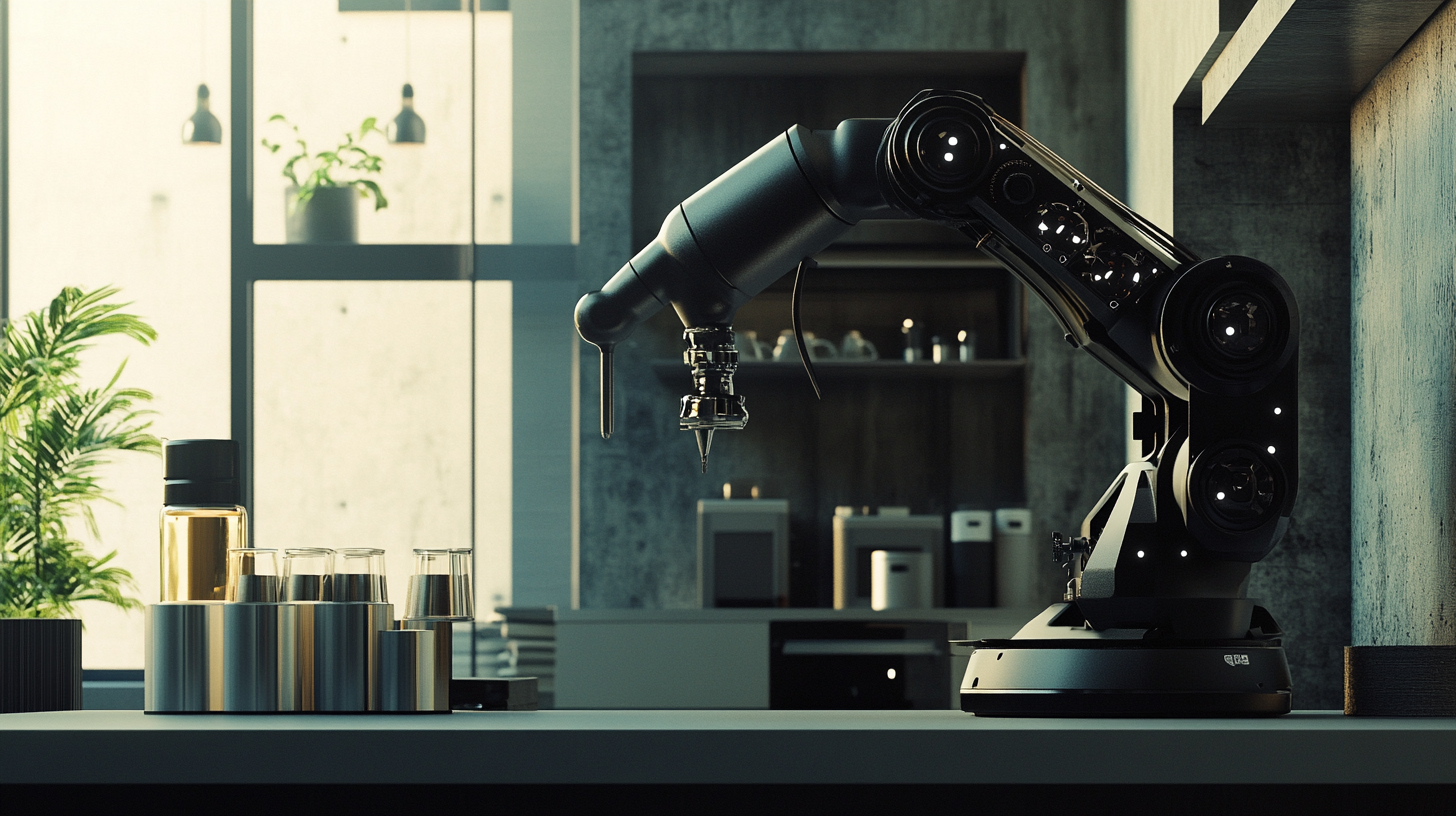
Building Strong Relationships with Your Chosen Suppliers
In the competitive marketplace for robotic coffee barista solutions, strong relationships with selected suppliers become critical. Any business's success, especially one that employs advanced technology like robotics, leans on the reliability and quality of its suppliers' service. The Grand View Research industry report states a value of $4.8 billion for the global robotics in foodservice market anticipated by 2026, mainly emerging from automation and artificial intelligence technologies. Therefore, to keep the competitive edge in this growing segment, it is essential to partner with suppliers who can provide cutting-edge technology with standard maintenance.
Creating a partnership means something beyond a purely transactional relationship; it means shared communications, mutual trust, and a parallel vision. Forbes mentions that working with suppliers reduces costs, increases efficiency, and ultimately enhances customer satisfaction. Investments in understanding your supplier's processes and capabilities allow companies to come up with solutions designed to meet current needs and anticipate any future requests for a rapidly evolving coffee market.
The relationships also create room for exclusive partnerships and additional leverage during negotiations. A recent study from Deloitte supports that 79% of high-performing organizations view supplier relations as a priority, thus implying that strategic importance can be derived from such relations. In as robotic coffee baristas more and more are integrated within modern cafes and restaurants, building strong alliances with suppliers that deliver both innovation and support would be the secret to successful navigation within this dynamic landscape.
Strategies for Negotiating Contracts and Pricing for Robotic Solutions
Contracts and pricing can take up a significant portion of your investment and future profitability when looking for robotic coffee barista solutions. Then, the most important strategy in the negotiation process is a thorough study of potential suppliers about their market positions, products, and past clients' reviews. These allow you to arm yourself with valuable insights while negotiating. This kind of preparatory work stands as a testament to your seriousness and sets the stage for negotiating fairly priced items.
The other thing is, develop rigorous criteria that will form the basis of pricing against competitors. When you compare pricing structures and services of different suppliers, you create a strong platform for negotiation. You should express such comparisons to your selected suppliers and let them see that you expect nothing less than competitive prices. You may also want to ask if they would offer discounts on bulk purchases or incentives for partnering for the long haul. A proactive approach can often lead to suppliers proposing a more advantageous arrangement, particularly when they realize that you are well versed in industry norms.
That, however, is very far from everything you should undertake; the employees view more things than just a first-cost price as the entire cost of ownership. Ask the supplier for warranty periods, maintenance requirements, and any after-purchase hidden costs. With this information, you can negotiate contracts with upfront savings and savings in the future. Advanced negotiations of that kind will forge a much more symbiotic relationship with suppliers, which can ensure long-term success in integrating robotic coffee solutions into the business.







